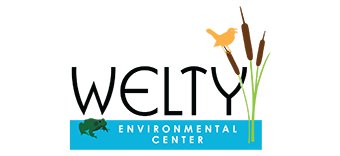Our Climate, Our Future: Teacher Resources
It is cold this week and there is a lot of snow on the ground. This is weather, the conditions that we are experiencing right now. Climate, on the other hand, is a long-term trend, of which 365 days–one year–is only one data point. It is easy to focus on weather because it is what we are dealing with now: I spent 2 hours shoveling after last weekend’s snowfall. When it is cold, like it is now, it is easy to forget that our climate is still warming because today is only 1/365th of one data point on a graph that contains thousands. Just typing that makes me feel small, almost helpless when considering the colossal problem that is climate change, but I have hope.
I have hope that by learning more about climate change, I can help to lessen the impact that climate change has on communities of people and life-supporting ecosystems. When I teach about plants and animals the discussion always begins with the basics of what they need for survival: Food, Water, Shelter, and Space. When one of those four elements is in short supply, survival becomes more difficult. Climate plays a key role in where those elements can be found, as most plants and animals are adapted to specific types of food and shelter. This complex relationship is often difficult to grasp, and conversations about climate change often include feelings of guilt and hopelessness – “today is only 1/365th of one data point” – because the global warming trend has been linked to human activities.

This graph shows the change in the average annual temperature between 1950 and 2019 in Wisconsin…for Rock County the increase was 2 degrees Fahrenheit.
We discuss how we can make a difference…
… that–if others joined in–would make a bigger difference.
I hope that you take a moment to consider learning and teaching about climate change. If you want to focus your classroom learning on Wisconsin, you can also utilize materials from the Wisconsin Department of Natural Resources: Climate Change. I am also available to help. Feel free to contact me at the Welty Environmental Center.
 Aaron Wilson
Aaron Wilson
Program Director, WEC
info@weltycenter.org
608-361-1377





